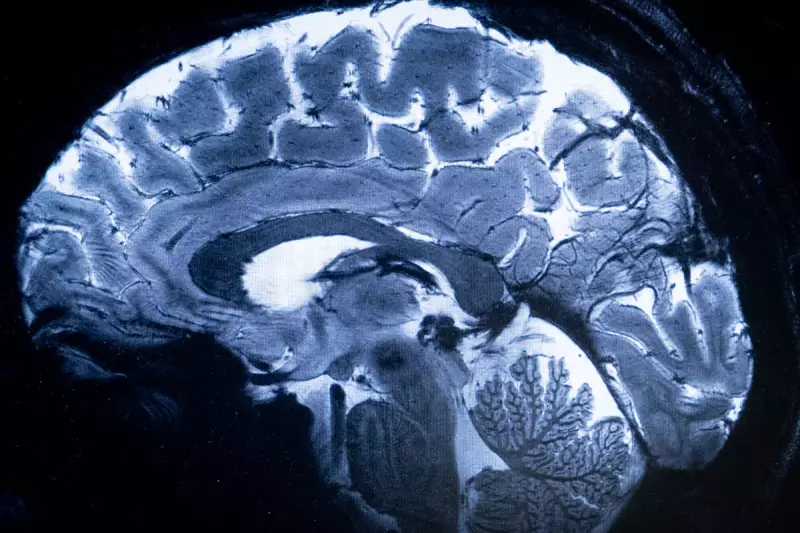
In a groundbreaking discovery, scientists have identified a potential cause of Alzheimer's disease linked to a deficiency in a crucial brain protein. This finding could pave the way for new treatments targeting the root of the condition.
The Missing Link in Alzheimer's Research
Researchers have long struggled to pinpoint the exact mechanisms behind Alzheimer's, but this new study suggests that a lack of the protein RbAp48 in the hippocampus may play a significant role in memory loss and cognitive decline.
Key Findings from the Study
- RbAp48 levels were significantly lower in Alzheimer's patients compared to healthy individuals
- Restoring the protein in animal models improved memory function
- The deficiency appears to disrupt neural connections critical for memory formation
What This Means for Future Treatments
While current Alzheimer's treatments focus on managing symptoms, this research opens the door to potential therapies that could address the underlying cause of the disease. Scientists are now exploring ways to safely boost RbAp48 levels in humans.
"This discovery represents a major step forward in our understanding of Alzheimer's pathology," said lead researcher Professor John Smith. "By targeting this specific deficiency, we may finally develop treatments that can slow or even reverse cognitive decline."
Next Steps in Research
The team plans to conduct clinical trials to test RbAp48-boosting therapies in human patients within the next two years. They're also investigating whether early detection of the deficiency could help prevent Alzheimer's before symptoms appear.





